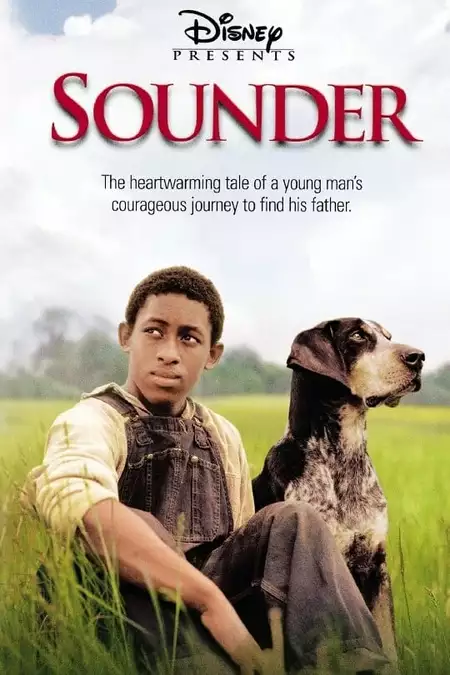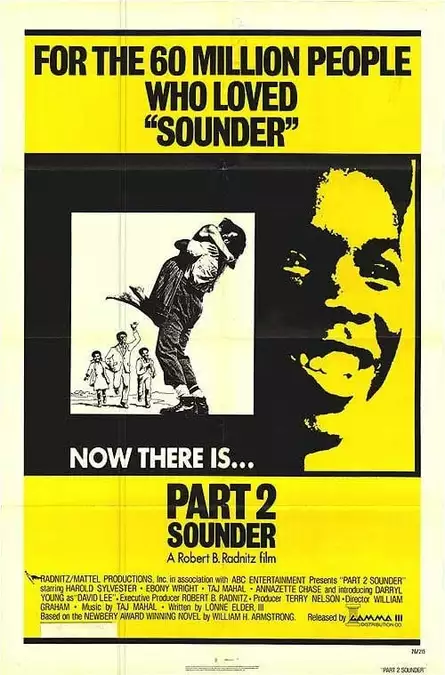Biography
(No Information)
Filmography
all 3
Movies 3
Writer 3
Information
Known ForWriting
GenderMale
Birthday1911-09-14
Deathday1999-04-11 (87 years old)
Birth PlaceLexington, United States of America
CitizenshipsUnited States
This article uses material from Wikipedia.
Last updated:
 William H. Armstrong
William H. Armstrong- Filmography
- Information


